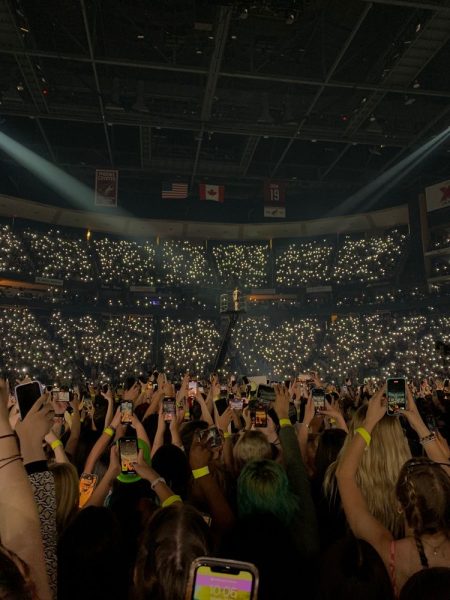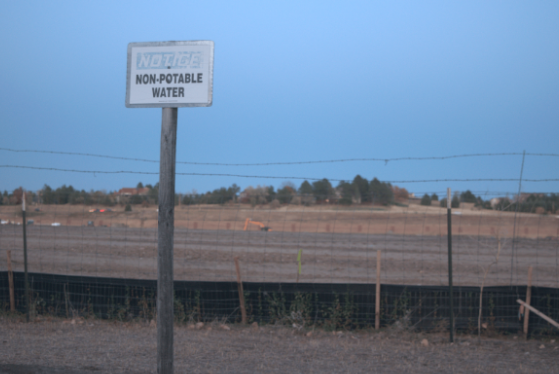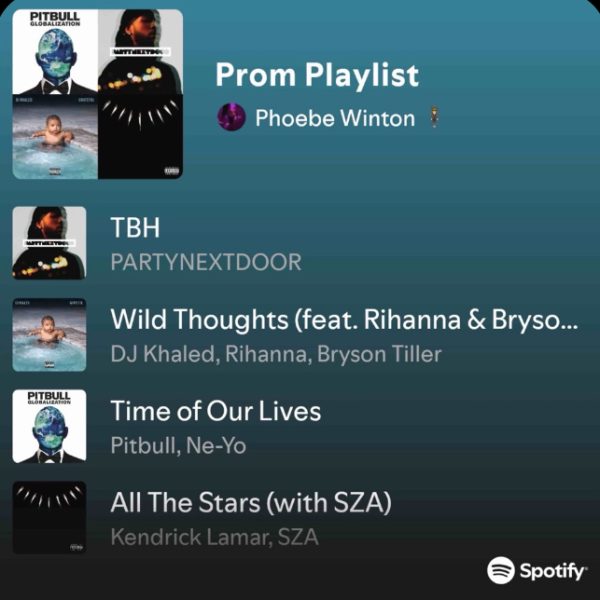Laurel Hell Album Review
Photo Courtesy Of: Deborah Loseke
“I used to think I’d be done by twenty. Now at twenty-nine, the road ahead appears the same. Though maybe at thirty, I’ll see a way to change. That I’m living for the knife.”
“Working For the Knife” is the lead single from Mitski’s sixth studio album, Laurel Hell, which was released on February 4th, after her two-year hiatus from touring and the spotlight.
The song is confessional, as Mitski laments her choice to become a singer. The optimistic creativity of her earlier years has washed away for her to find that the music industry is brutal. Despite this pain, she decided to return to her insatiable need for songwriting as a form of expression.
She decided to take a break because, “[her] self-worth…will start depending too much on staying in the game, in the constant churn”.
Recently her music has blown up on TikTok, welcoming an onslaught of fans into her poetic and emotional songwriting. One of her most popular songs, Nobody, featured people running away from love interests that want nothing to do with them. This theme is also echoed in her new song, “That’s Our Lamp.” The song features Mitski longing for a past relationship even though it was tumultuous.
Despite her isolation during quarantine, Mitski remains grateful for what the app has done to her music.
In Laurel Hell, Mitski seems more reserved, letting go of the strong “reckless women” energy that dominated her past indie rock albums, Puberty 2, and Bury Me at Makeout Creek, earlier in her career.
Laurel Hell shows a progression of the synth-heavy, 80’s-inspired sound of her past album Be The Cowboy. Her feelings have mellowed quite a bit, whether it be from her hiatus, a newfound approach to songwriting, or simply maturing.
To step away from revealing your pain doesn’t mean that it doesn’t exist, and Mitski has proven this consistently. The song, “Should Have Been Me,” features heavy beats juxtaposed with feelings of inferiority because her past lover has replaced her with a look-alike.
Her music has won the hearts of sad indie girls and boys, but there is more ambiguity to it than that. In “The Only Heartbreaker,” Mitski puts the blame on herself from ruining a relationship, because she is the only one who is putting effort into it.
From the Rolling Stone, Mitski said, “I make mistakes all the time. I don’t want to be put on a front where I’m a role model, but I’m also not a bad person.”
The song is upbeat and catchy, yet it will be sure to make you reminisce on how relationships are less black and white than they seem, and how to navigate through that.
Although Mitski’s sound has deviated further from her roots of power chords and piano-heavy, droning ballads, Laurel Hell will be sure to suck loyal listeners in as they continue to identify with common themes of isolation.

Hi! I’m Mbone, and this is my junior year at Grandview and my second year on The Chronicle Staff. I’m a part of the Opinions Department. My favorite...


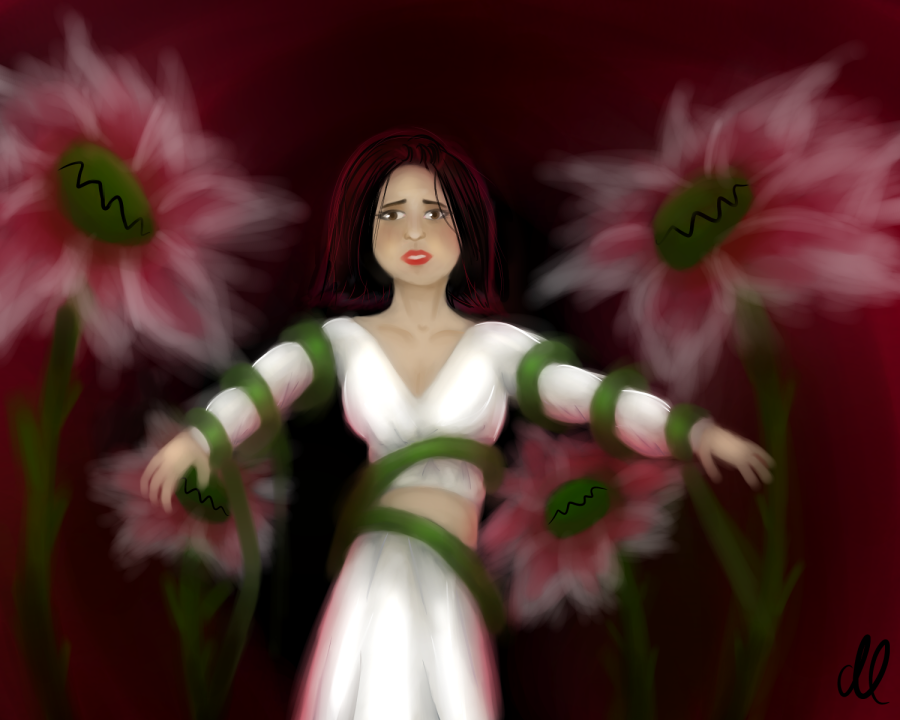
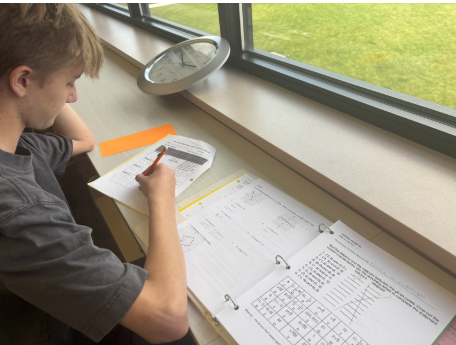
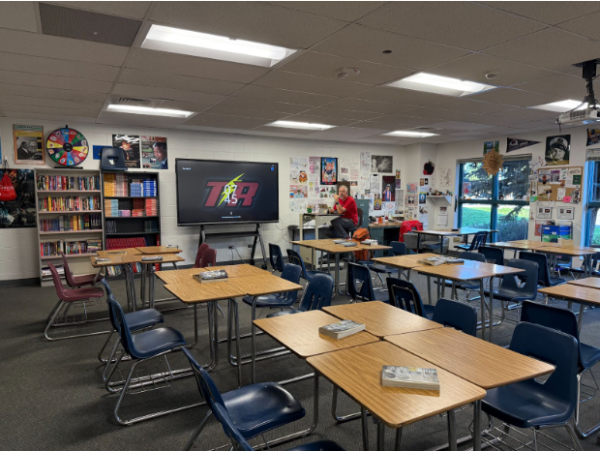

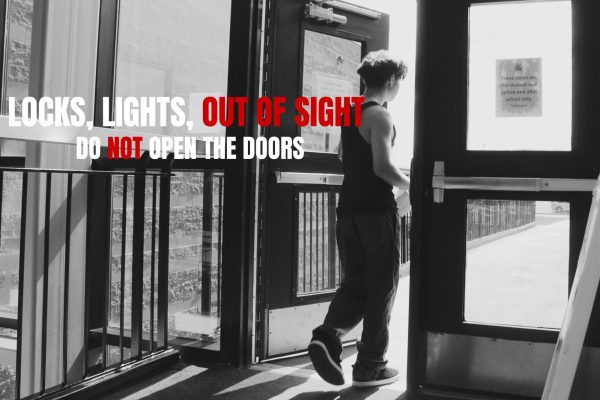
![A Vest Won’t Protect You [OPINION]](https://ghschronicle.com/wp-content/uploads/2025/09/KoltonZuckerVestPosterOffWhite-450x600.png)
![Executive Order: Ending Radical Indoctrination in K-12 Schooling [OPINION]](https://ghschronicle.com/wp-content/uploads/2025/04/Screenshot-2025-04-23-at-2.51.41 PM-600x337.png)
